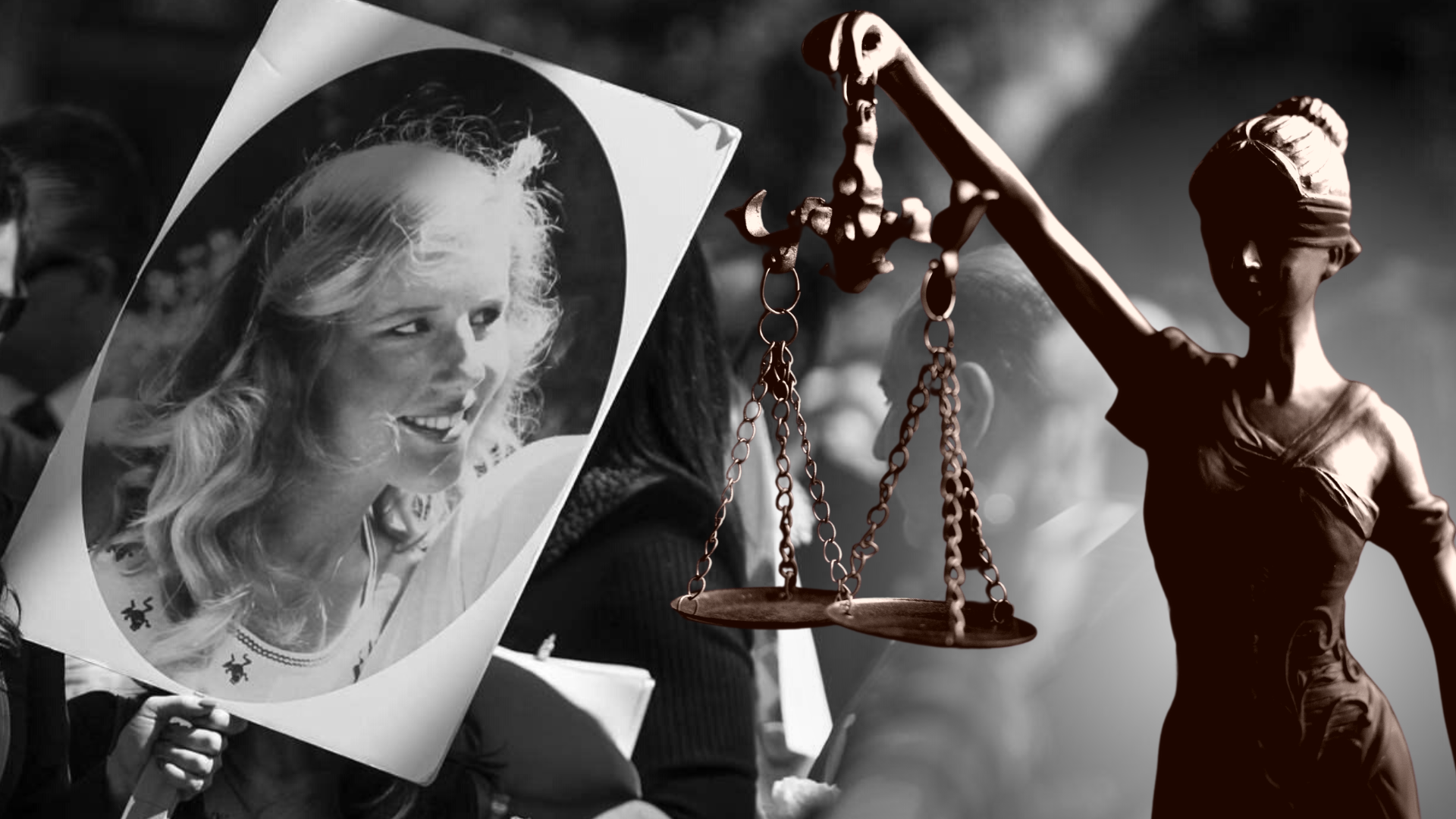
The abundance of true crime shows has left many of us able to recite the Miranda warning verbatim (“You have the right to remain silent…”). The Miranda warning refers to the constitutional requirement that police officers must “read them their rights” before individuals can be interrogated while in police custody. These rights (and others) are included in the guarantee of due process for all persons, which requires the government to respect all rights, guarantees, and protections afforded by the U.S. Constitution, and to provide fair procedures during the resolution of all legal matters.
In other words, the U.S. Constitution guarantees certain rights and protections to those accused or convicted of a crime.
Now, let me ask you this: Can you recite the rights the U.S. Constitution affords to crime victims during the criminal justice process? If you said, “No, because there are none,” you would be correct. You see, while those accused of crime are assured multiple rights through the U.S. Constitution, victims are not.
In an attempt to give victims a greater voice in the criminal justice process, an effort is underway to enact legislation at the state level that gives victims meaningful and enforceable constitutional rights equal to the accused or convicted.
Meet Marsalee “Marsy” Ann Nicholas
 In 1983, Marsalee (Marsy) Ann Nicholas was a 21-year-old UC Santa Barbara (UCSB) college student. Growing up in Cincinnati, Ohio, Marsy expressed her love for animals, nature, and people constantly. A few years after she was born, the whole family moved to California.
In 1983, Marsalee (Marsy) Ann Nicholas was a 21-year-old UC Santa Barbara (UCSB) college student. Growing up in Cincinnati, Ohio, Marsy expressed her love for animals, nature, and people constantly. A few years after she was born, the whole family moved to California.
As Marsy grew up, her fondness of horses led her to become a Champion English and Western horseback rider at just 10-years-old. At 17, Marsy had extensive experience working with blind students in high school. This was incredibly formative for her, so Marsy continued her academic journey and attended UCSB with the goal of becoming a special education teacher.
Marsy was only a few months shy of graduating before the unthinkable took place.
On November 30, 1983, Marsy was stalked and murdered by her ex-boyfriend. Her family, and everyone who knew her, were crushed.
A week later, after leaving Marsy’s funeral service, her family stopped at a store for a loaf of bread. While in the checkout line, Marsy’s mother was confronted by the very man who had killed her daughter. Marsy’s family was completely unaware that her killer had been released on $100,000 bail within just a few days of her murder.
It took two more years for Marsy’s killer to be brought to justice.
This occurred at a time when basic victims’ rights did not exist, and courts and law enforcement simply had no obligation to keep them informed.
Marsy’s Law
Because Marsy’s family never wanted to see something like what happened to them in the supermarket happen to another victim or their family, Marsy’s brother, Dr. Henry Nicholas III, became a key backer and proponent for Proposition 9, the Victims’ Bill of Rights Act of 2008: Marsy’s Law. This legislation would amend the California Constitution to provide additional rights to victims. When voters approved Marsy’s Law on November 4, 2008, California set the precedent with the strongest and most comprehensive constitutional victims’ rights laws in the U.S.
“If any good can come of something this horrible – the loss of my sister and the losses of other families of crime victims – it is that these violent acts served as a catalyst for change,” Dr. Henry Nicholas III said.
In an effort to ensure that all victims of crime have constitutional rights equal to those accused and convicted of crimes, Dr. Nicholas founded Marsy’s Law for All in 2009. This group works to establish certain constitutional protections for crime victims in all 50 state constitutions and hopes to eventually get rights written into the U.S. Constitution. Some of these rights are:
- The right to be notified and attend public proceedings involving the case.
- The right to be present and heard in any public proceeding involving sentencing, release, or a plea.
- The right to request and receive notification when the accused or convicted is released, transferred, or escapes.
Collectively, these rights are referred to as ‘Marsy’s Law.’ With the passage of Marsy’s Law, victims of violent crime must be treated with dignity and respect, and their safety and the safety of their families must be considered when setting bail and release conditions. Family members of victims also have legal standing and the right to be heard in bail hearings, pleas, sentencing, and parole hearings.
Importantly, Marsy’s Law does not attempt to take away any rights from defendants. Instead, it seeks to grant victims rights equal to those provided to individuals accused or convicted of committing a crime.
Even as more states add Marsy’s Law victims’ rights amendments to their constitutions, some say the addition of equal rights for crime victims undermines the justice system as we know it. It could produce a conflict with core components of our criminal justice system, such as a defendant’s right to due process and the right to be innocent until proven guilty. Critics also argue that the amendments associated with Marsy’s Law would tilt the scales too much in favor of the state, who holds the burden of proving guilt beyond a reasonable doubt in criminal cases. However, victims’ rights advocates maintain that when victims are denied equal rights, they are victimized all over again by the criminal justice system.
It’s not about taking rights away from defendants and giving them to victims, it’s about expanding rights for victims without harming the interest of defendants.
Victims’ Rights
Over the past 40 years, every state and the federal government has enacted laws to help victims. For example, the Crime Victims’ Rights Act (CVRA), part of the Justice for All Act of 2004, enumerates the rights afforded to victims in federal criminal cases, ways for victims to enforce those rights, and provides victims and prosecutors standing to assert victims’ rights.
Still, victims’ rights experts argue that these laws simply aren’t good enough. Often, statutes are not followed as stringently as constitutional amendments, and even some of the state constitutional amendments are seen as not being comprehensive enough. Marsy’s Law creates true equal enforceable rights (and strengthens existing ones) for crime victims throughout the criminal justice process.
To date, Marsy’s Law legislation has successfully passed in 13 states*, and efforts to pass crime victim legislation are currently underway in six additional states. Under Marsy’s Law, victims also have the right to timely notice about all rights, privileges, and protections provided by the law. Accordingly, prosecutors, law enforcement, victim advocates, and victim assistance organizations use “Marsy’s Card,” or a similar notification card, to educate victims on their rights and connect them with other valuable resources.
*Kentucky later overturned the legislation, and Pennsylvania is pending judicial ruling post-election.
Maryann S. White, Ph.D. is an Associate Professor at Georgia Gwinnett College. She is also a social science researcher with progressive experience in qualitative, quantitative, and mixed methods research where she applies her skills to better understand human behavior.
